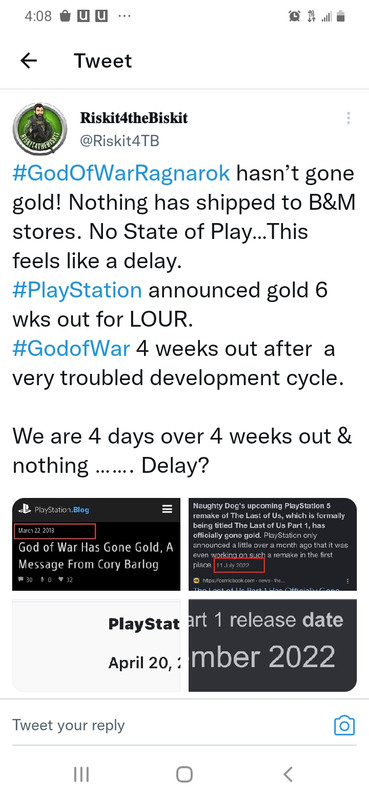Anyone know who is credited with the term 'gone gold'?
In game development there are pretty much standard names for game development production milestones since decades ago, even if every company or team has their own variation for names or meaning because it isn't something official or strict.
Typically people call Beta to the milestone where the game is almost complete and there are only a few remaining things to be developed and the main work to do is to polish and mostly to fix bugs. After it there is the Release Candidate milestone, where they completed everything and fixed basically everything and try to appove the game sending it to QA and certification, fixing the issues they detect.
Then there's the Gold milestone, which traditionally means that a release candidate version of the game got approved for release and that this version will be the one printed in the disks or downloaded at launch. This version is considered to be the game version complete and certified by both internal QA and the certification teams of the platform holders where it's going to be released at launch (but with the day one patch (or patches) still to be done/approved).
And the next one is Master, once the game disks have been printed and the launch marketing & PR stuff done, everything is ready to launch the game and they only have to wait.
Gone gold means that the project achieved the Gold miletone: that they got approved the 'final' version of the game, the one included in the disk.
I think it isn't know the origins of the terminology for these milestone names, which also evolved over time. As an example, now it's pretty common to have a vertical slice milestone (which didn't exist in the '90s) between the prototype and first playable milestones. Some of these milestones names like alpha or beta come from non-gaming software development: they were already used in the 50s or even before by people like IBM. More than 2 decades before the videogames existed.







